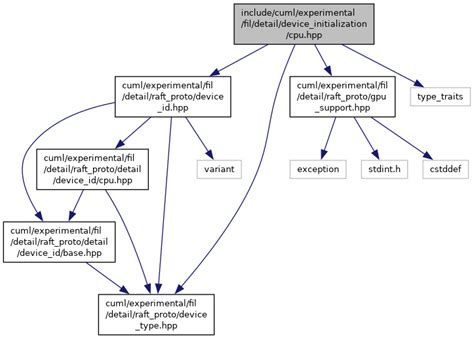In the ever-evolving world of software development, languages often borrow from each other, not just idiomatically but also in terms of core functionalities. An interesting specter is observed in the implementation of Rust’s borrow checking and memory management concepts into C++. This endeavor, led by an interesting project named Rusty.hpp, introduces a layer of Rust-like memory safety onto C++, which traditionally takes a more hands-off approach to memory management. Introducing runtime borrow checking to C++ using a library like Rusty.hpp raises both curiosity and skepticism about the ultimate utility and efficiency of such a tool in practical scenarios.
The Rusty.hpp project, as an open-source initiative available on GitHub, is explicitly marked as experimental. It’s not intended as a ready-to-deploy tool but rather as a sandbox for exploration and learning. Developers acquainted with Rust’s compile-time ownership system and those seasoned with C++’s manual memory management might find it fascinating to see how Rusty.hpp tries to bridge these concepts at runtime. The discussion centers on whether such a system can offer tangible benefits or if it simply complicates the existing paradigms.
Rusty.hpp has sparked a dialogue among developers, echoed through various comments on its repository. Many view it as a fun experiment rather than a serious production tool. For instance, the use of Rusty.hpp is compared to C++’s existing smart pointers like std::unique_ptr and std::shared_ptr, which already provide a degree of safety and control over memory. The critique often revolves around the additional overhead introduced by Rusty.hpp’s runtime checks, which do not quite align with the zero-cost abstractions that Rust programmers cherish.
Moreover, the educational value of Rusty.hpp cannot be overstated. While it may not be suitable for direct adoption in serious projects, it provides a great platform for C++ developers curious about Rust’s safety features without diving deep into a new language. Through experimenting with Rusty.hpp, developers can appreciate the strengths and limitations of both languages. It serves as a conduit for broader discussions on how different coding paradigms and memory management strategies can be adapted across language boundaries.
The project’s contribution to the open-source community and to the ongoing discourse about efficient and safe coding practices is significant. It underscores a larger trend in software development: the boundaries between different programming languages are becoming ever more blurred as they evolve. By bringing a slice of Rust into the C++ world, albeit not perfectly, Rusty.hpp challenges traditional norms and fosters a cross-pollination of ideas that could lead to more resilient software development frameworks in the future.


Leave a Reply